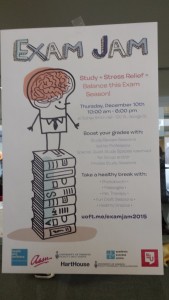
peanut butter and exam jam


As a Life Sciences student, I understand the pressure and trepidation you feel when someone in class goes “So in my research lab…” Meanwhile, you’re screaming internally about how you can barely fold laundry properly let alone have your life so put together as to be in a research lab.
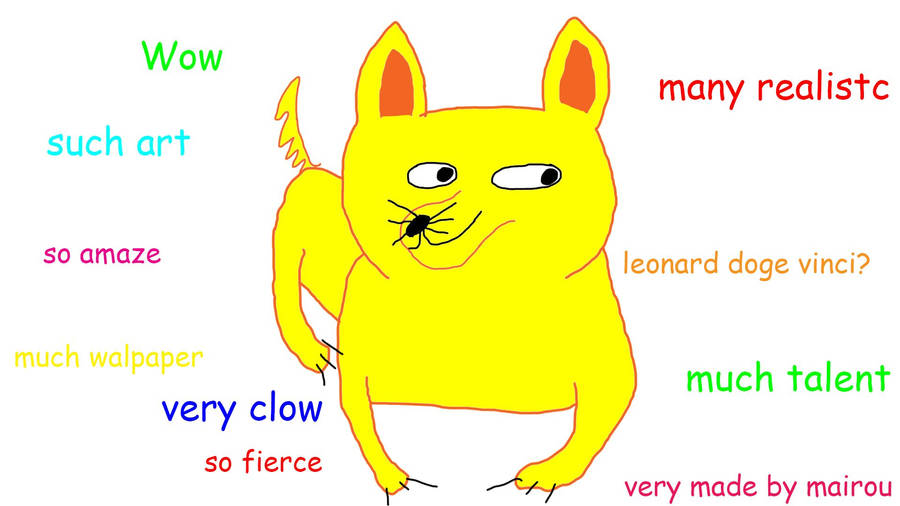
Whether you plan on pursuing a career in healthcare or science research itself, having research experience on your CV and learning lab skills are a bonus when you apply to professional or graduate programs. But where does one even start? It’s daunting trying to maneuver the Interwebs to find viable and worthwhile positions. I’ve compiled a list of possible scientific/medical research opportunities by the year you might think of applying. But first, a few preliminary questions to ask yourself:
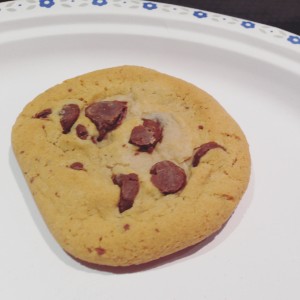
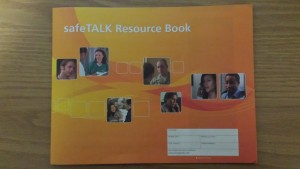
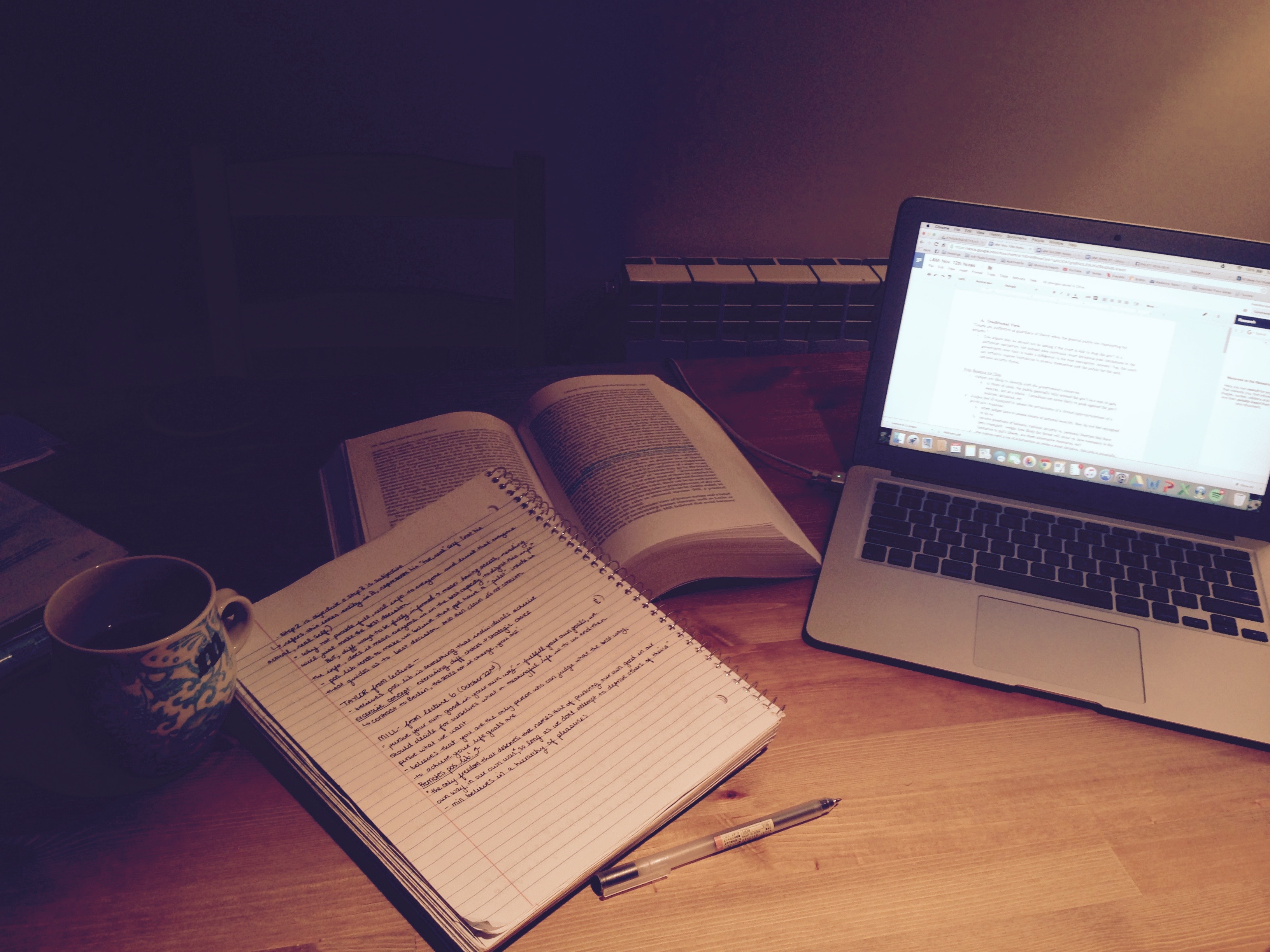
Bonjour!
Hola!
Namaste!
Guten Tag!
Ni Hah!
No, I don’t actually speak all these languages (gosh, I wish I did) but get this- U of T has sent students to all the places these languages are spoken and many, many more besides. All the international programs through which students can study abroad will be having an informative fair this week at Sid Smith from Tuesday through till Thursday!